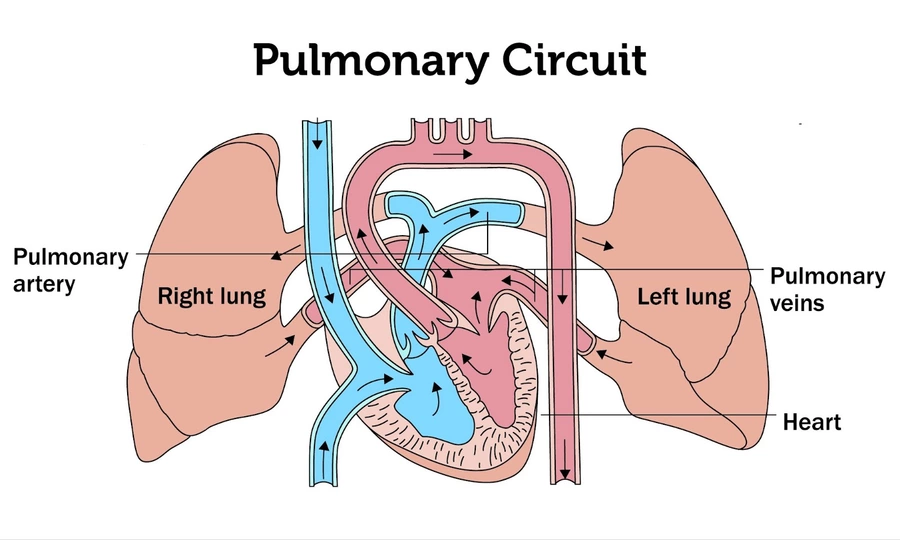
Overview:
Pulmonary care focuses on diagnosing, treating, and managing respiratory system disorders, including conditions affecting the lungs, bronchial tubes, and other respiratory structures. Pulmonologists address various respiratory issues such as asthma, chronic obstructive pulmonary disease (COPD), pneumonia, and lung infections. Proper pulmonary care is essential for maintaining healthy breathing and overall respiratory function, as well as preventing disease progression.
Causes:
Pulmonary issues can arise from multiple causes, including infections, smoking, air pollution, allergens, and genetic factors. Chronic respiratory conditions like asthma and COPD may result from environmental exposures or smoking, while infections such as pneumonia and tuberculosis are commonly caused by bacteria or viruses. Occupational hazards, such as dust and chemical exposure, can also lead to pulmonary complications.
Symptoms:
Common symptoms of pulmonary issues include shortness of breath, chronic cough, wheezing, chest pain, and frequent respiratory infections. Severe conditions may cause symptoms such as coughing up blood, fatigue, and cyanosis (bluish discoloration of the skin due to low oxygen). Early recognition of these symptoms is crucial for effective treatment and prevention of complications.
Treatment:
Pulmonary treatments vary based on the condition. Medications, such as bronchodilators and steroids, are commonly used to manage asthma and COPD, while antibiotics treat bacterial lung infections. In cases of severe respiratory failure, oxygen therapy or mechanical ventilation may be necessary. Pulmonary rehabilitation, a combination of exercise, education, and breathing techniques, is beneficial for chronic conditions, improving lung function and quality of life.
Precautions:
For those with pulmonary issues, avoiding smoking and exposure to pollution, allergens, and respiratory irritants is essential. Using preventive inhalers, staying hydrated, and avoiding respiratory infections are key to managing chronic conditions. Regular follow-ups with a pulmonologist allow for monitoring and adjusting treatment as necessary.
Prevention:
Preventive measures for pulmonary health include avoiding smoking, maintaining good air quality, and engaging in regular exercise to strengthen lung function. Vaccinations for flu and pneumonia are recommended, especially for individuals with weakened immune systems or chronic conditions. Practicing good hygiene and respiratory etiquette, such as wearing masks in polluted environments, can help prevent infections and exacerbations.
For comprehensive pulmonary care, visit The Unique Hospital in Lucknow, which provides specialized services for respiratory conditions, including diagnostic tests, emergency treatments, and long-term management plans. The hospital offers budget-friendly options, accepts Ayushman cards, provides ambulance services, and ensures 24/7 doctor availability to meet all respiratory care needs.
OUR EXPERT DOCTORS TEAM

Dr. Ashar Ali
M.B.B.S. M.D. (Medicine)
General Physician

Dr. Rachit Sharma
M.B.B.S. M.D.
Chest Physician
